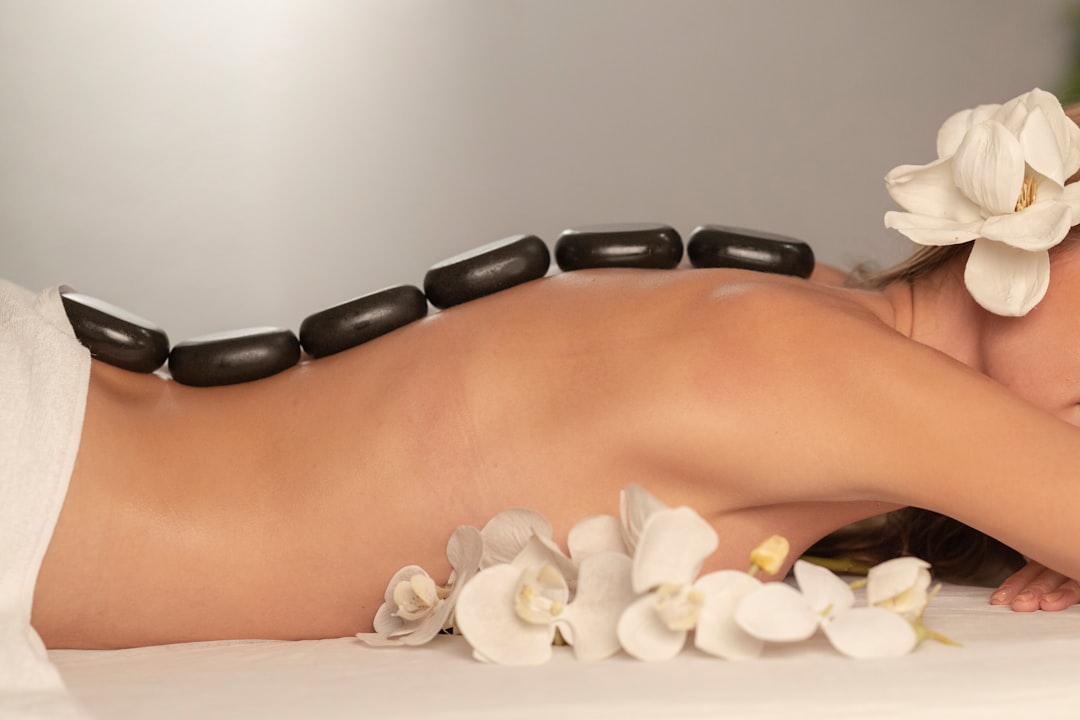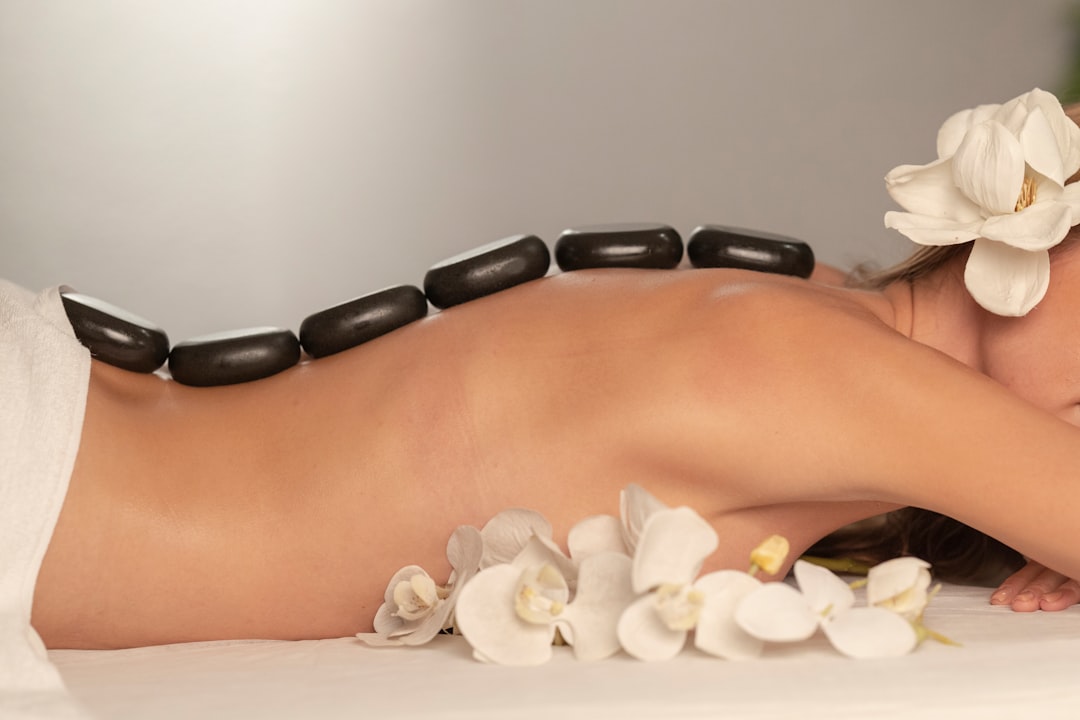In early Rhode Island, lack of formal regulations led to concerns about massage abuse, prompting a push for standardization and regulation. Local massage abuse law firms played a significant role by raising awareness and driving demand for protective laws. With roots in traditional medicine dating back to the 19th century, the state now boasts robust licensing, training standards, and code of conduct for therapists, safeguarding clients from exploitation.
In Rhode Island, the history of massage therapy is a fascinating journey reflecting societal shifts in wellness and healthcare. From its early roots in traditional healing practices to becoming a regulated profession, this state has witnessed significant changes. This article delves into the evolution of massage therapy regulations, highlighting public perception transformations over time. We explore pivotal moments, including the introduction of licensing, and uncover the critical role played by massage abuse law firms in safeguarding consumers against unethical practices in Rhode Island.
Early Massage Practice and Public Perception in Rhode Island
In early Rhode Island, massage therapy was a common practice, often associated with healing and wellness. However, as in many parts of the country, public perception of massage ranged from respect to skepticism, sometimes even laced with stigma. Without formal regulations, this led to concerns about massage abuse, where individuals could be vulnerable to exploitation or unscrupulous practices posing as therapeutic treatments. This lack of oversight prompted a movement towards standardization and regulation, setting the stage for the eventual establishment of laws protecting both clients and practitioners.
The absence of structured guidelines meant that anyone could offer massage services, raising the risk of unsafe practices. This situation spurred advocacy efforts by concerned citizens and massage therapy professionals alike, who recognized the need for consumer protection. The emergence of local massage abuse law firms in Rhode Island played a significant role in shaping public awareness and driving the demand for regulatory measures to ensure safe and ethical massage therapy practices throughout the state.
– Historical overview of massage therapy in the state
Massage therapy has a rich history in Rhode Island, dating back to the late 19th century when it began to gain popularity as a form of healing and relaxation. Early practices were often rooted in traditional Chinese, Greek, and Native American medicine, with healers utilizing their hands to promote blood circulation and alleviate pain. As the 20th century approached, massage therapy became increasingly recognized for its therapeutic benefits, leading to a growing demand for regulated practices.
The need for regulation arose from concerns over massage abuse and unethical practices. Rhode Island responded by implementing laws to protect clients and ensure the professionalism of massage therapists. Over time, these regulations evolved to include licensing requirements, training standards, and code of conduct guidelines, shaping the practice of massage therapy in the state as we know it today. The presence of reputable massage abuse law firms in Rhode Island further underscores the commitment to maintaining a safe and ethical environment for both practitioners and clients.
– Public attitudes towards massage in the 19th and early 20th centuries
In the 19th and early 20th centuries, public attitudes towards massage in Rhode Island, like many other parts of the country, were complex. While some recognized its therapeutic benefits, particularly for muscular pain relief and recuperation from injury or illness, there was also a significant amount of skepticism and concern. This era saw a rise in stories of massage abuse, with unregulated practitioners overstepping boundaries and performing inappropriate treatments, often under the guise of “curative care.” These narratives fueled growing public anxiety about the lack of oversight in the massage industry, leading to calls for regulation.
The absence of clear guidelines and a governing body allowed for untrained individuals to offer massage services, sometimes with harmful consequences. This period witnessed several instances of massage therapy being associated with unethical practices, including sexual harassment and exploitation, especially targeting vulnerable populations such as the elderly and those with limited mobility. As a result, Rhode Island’s legal landscape began to evolve, responding to these concerns with the introduction of laws aimed at protecting the public from massage abuse.






